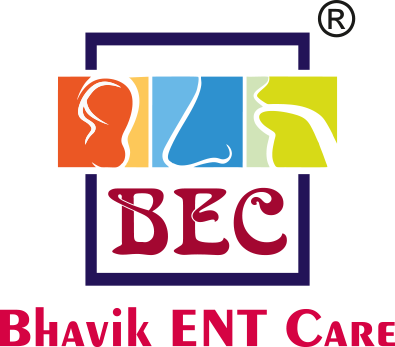Vocal hygiene is an integral part of the management of the majority of vocal cord disorders like acute and chronic laryngitis, Laryngopharyngeal reflux disease, Vocal cord nodules, Muscle tension dysphonia and many more. Apart from routine medications few of the following steps, if diligently incorporated in one’s lifestyle would allay throat discomfort, irritation and dryness and give long term healthy voice.
- Avoid ‘vocally abusive behaviours’, such as talking or singing too loudly, talking too fast, shouting, whispering, etc.
- Communicate only when necessary, effectively without raising or straining the voice.
- Avoid speaking at an unnatural pitch for prolonged periods, as this can strain your vocal cords.
- Use a microphone or amplifier to avoid shouting or straining in large settings.
- Avoid excessive throat clearing and harsh coughing. Clearing your throat repeatedly can harm your vocal cords. Instead, sip water or swallow
Stay Hydrated:
Have plenty of water in a day. Always keep a bottle of water with you when you are out of your house, office. For a healthy adult at least 2 -2.5 L of water in a day is recommended.
Avoid caffeinated products and irritants: Caffeinated products and chocolates increase reflux and cause dryness of throat.
- Avoid excessive amounts of drinks containing caffeine, i.e. coffee, tea, energy drinks and colas.
- STOP smoking, STOP chewable tobacco in the form of gutkha, pan masala, reduce alcohol (especially at night) and social drug (cannabis, cocaine, etc,) consumption.
- Avoid having beverages and food containing artificial flavors and essence.
Protect Yourself from Reflux:
- Avoid late night dinner especially oily, fatty, spicy and sour food. Take frequent, small & regular meals. There should be minimum 2 hours of gap between dinner and sleep.
- Take a light walk for 20 mins after major meals.
- Raise head end of bed at night (if c/o GERD).
Practice Proper Breathing Techniques:
- Use diaphragmatic breathing to support your voice.
- Avoid shallow breathing, which can cause vocal tension.
- Perform gentle vocal exercises to prepare your voice for extended use.
- Bhramari pranayama can help release vocal cord tension.
- Gently massage your voice box for 5 mins to relieve pain associated with prolonged phonation.
Maintain an overall healthy lifestyle
- Start doing yoga, meditation for at least 20 mins in the morning.
- Get adequate sleep which help in recovery of vocal cords.
- Take steam inhalation twice daily for 5 mins. Steam hydrates Vocal cord, reduces congestion and relieves irritation.
Schedule regular check-ups with an ENT specialist, especially if you are a professional voice user or you use your voice extensively for work. Also, consider consulting a speech-language pathologist or vocal coach for personalized care.


